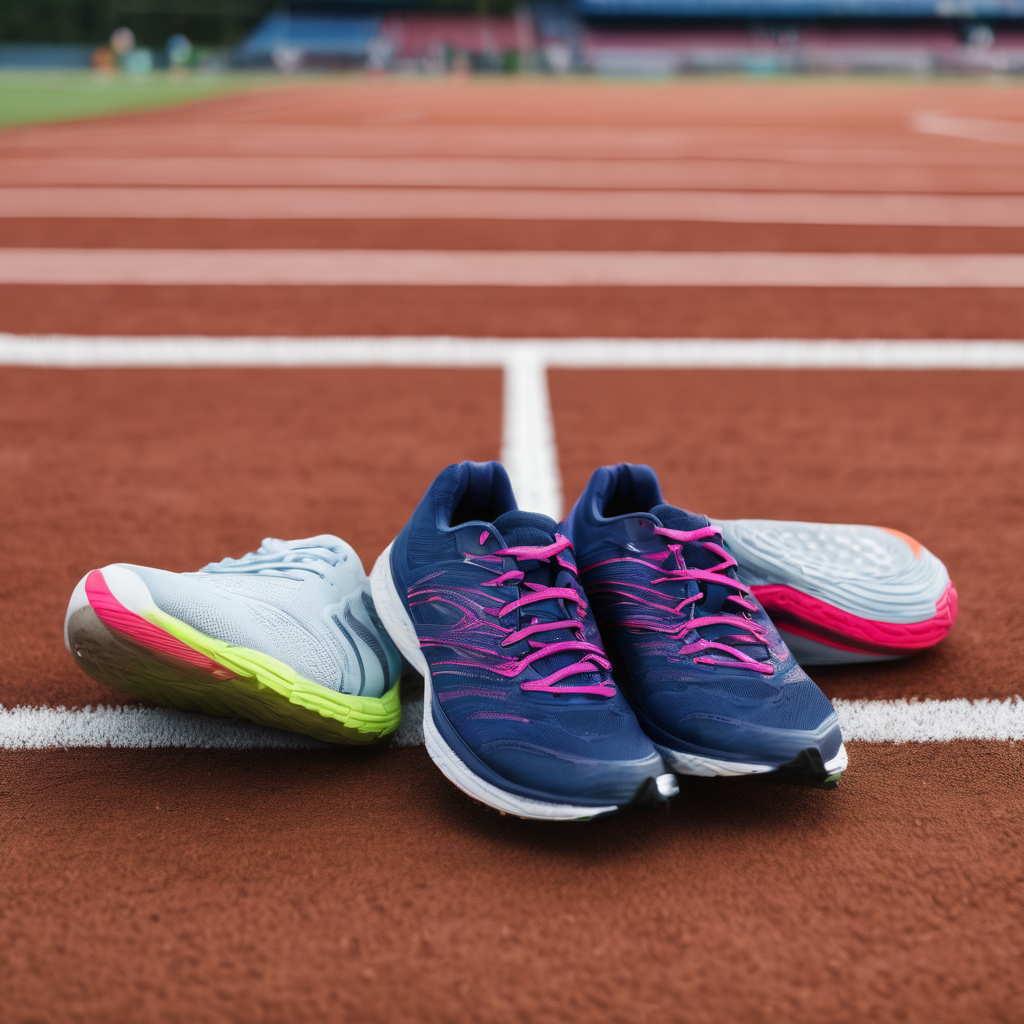The Minnesota Supreme Court made a significant ruling on Wednesday, asserting that USA Powerlifting’s decision to bar a transgender woman from competing violated the state’s Human Rights Act. This decision reversed portions of an earlier appeals court ruling while directing another aspect of the case back to a lower court for further examination.
The case involved JayCee Cooper, a transgender athlete who was denied entry into two women’s competitions in 2018. Cooper argued that her exclusion constituted discrimination and breached Minnesota’s Human Rights Act. In response, USA Powerlifting contended that their policy was not directed at Cooper’s transgender identity but rather at what they termed “strength advantages” linked to her sex assigned at birth.
The Supreme Court’s ruling highlighted that while USA Powerlifting did not have a formal participation policy regarding transgender athletes at the time of Cooper’s initial exclusion, it was clear that the organization maintained a practice to categorically exclude transgender women from competing in the women’s division. This finding was pivotal in affirming that Cooper’s claims of discrimination were valid under the state’s law.
LGBTQ advocates and Cooper’s legal team expressed their satisfaction with the ruling. Jess Braverman, Legal Director of Gender Justice, described the decision as a “massive win,” emphasizing that it establishes that transgender women cannot be barred from women’s sports teams.
However, the court sent an additional claim regarding business discrimination back to the district court, allowing USA Powerlifting to argue whether it has a legitimate business reason for excluding transgender women from the women’s division. This separation of issues places emphasis on whether the organization’s policy serves a realistic and necessary function in its operations.
Ansis Viksnins, the attorney for USA Powerlifting, acknowledged the court’s decision as providing them an opportunity to present their case regarding the supposed competitive advantages of transgender women. He expressed concerns about how the ruling might be perceived in light of federal actions against state policies permitting transgender athletes to participate in women’s sports.
Despite these concerns, Braverman confidently stated that the ruling on public accommodations remains firm and that any further legal discussions regarding business claims would not alter the fundamental victory for Cooper.
The decision sparked varying reactions, particularly from Minnesota House Speaker Lisa Demuth, who described it as a setback for girls’ sports. Demuth emphasized that safety and fairness in competition is paramount, indicating that legislative actions would be pursued to ensure girls’ sports are reserved for female athletes.
As the legal landscape continues to evolve regarding transgender participation in sports, Cooper’s case stands as a landmark one in Minnesota, potentially influencing legislation and policies on a national level. The ruling underlines the ongoing debate on inclusion versus competitive equity, highlighting broader societal discussions regarding identity and fairness in sports.
